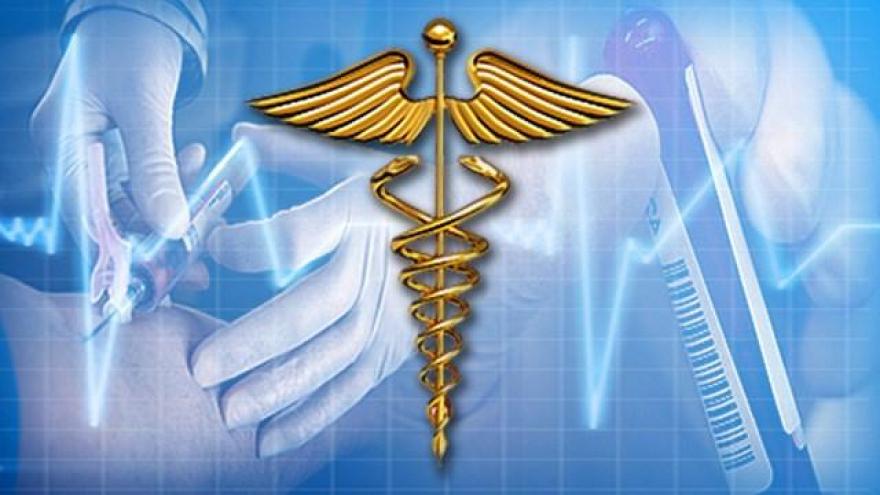New Method Helps Doctors Identify High Blood Pressure

Scientists have found a way to help doctors identity patients at risk for high blood pressure.
Paul bowers-Isaacson did not know he had high blood pressure until he suffered a heart attack 18 years ago.
Scientists from Queen Mary University have made a discovery that could help patients like Paul.
A team of researchers studied 150 thousand patients and found 107 new gene "regions" associated with high blood pressure.
"These 107 new gene regions may help us to tailor and select treatment in the future, but also, they identify the possibilities of us bring new treatments to bear from existing therapies," says Mark Caulfield from Queen Mary University London.
Researchers say their findings may help predict who will eventually develop hypertension.
Paul says he hopes the new research will identify others at-risk so they don't go through what he did.
"Had I had a blood test and the doctor had actually said, 'look, you've got this and this and this and this, and we know what the effect of that is, I'd probably do as I was told," says Bowers-Isaacson.
In the years since his heart attack, Paul has made major lifestyle changes: eating healthier, losing weight and exercising.
